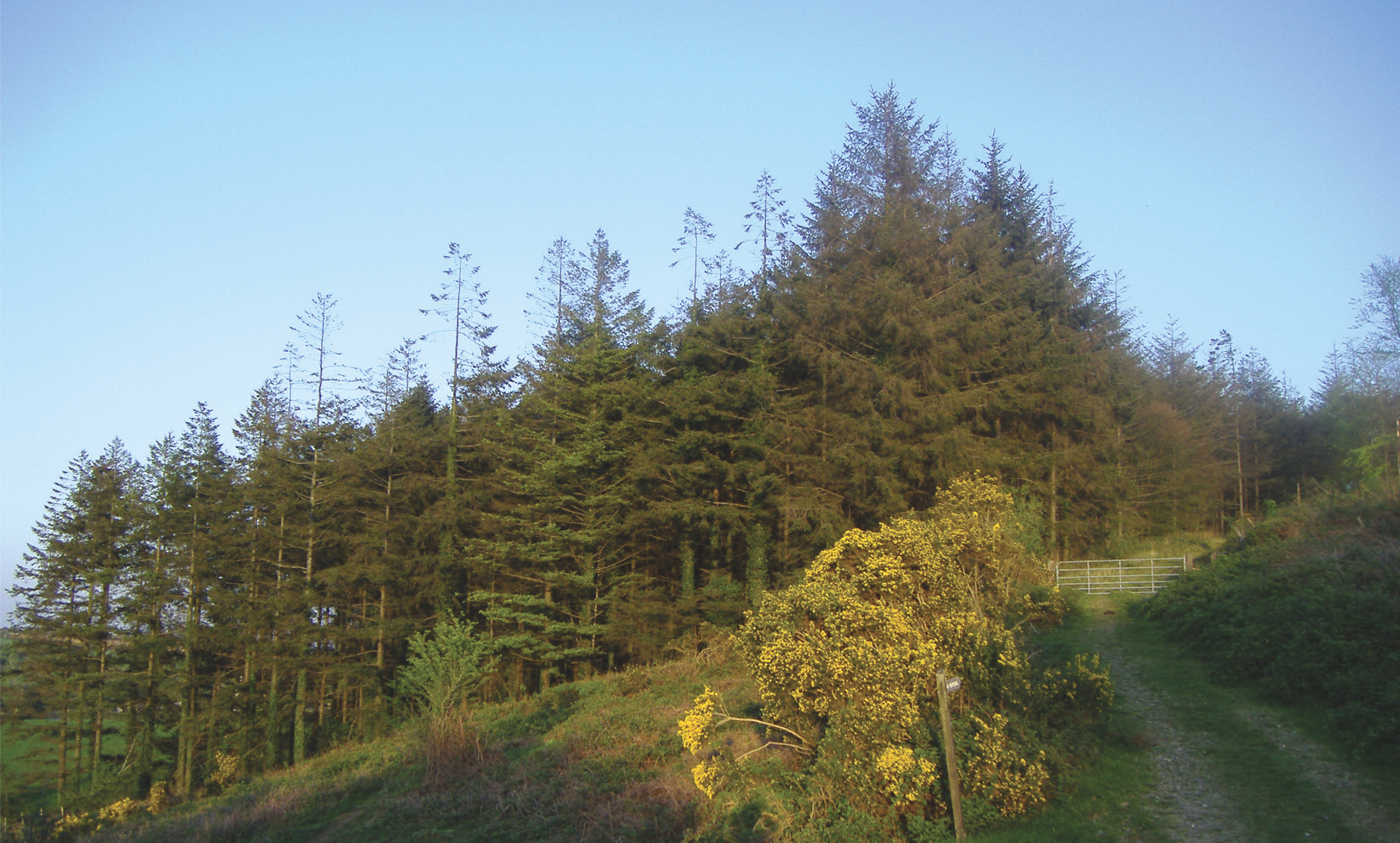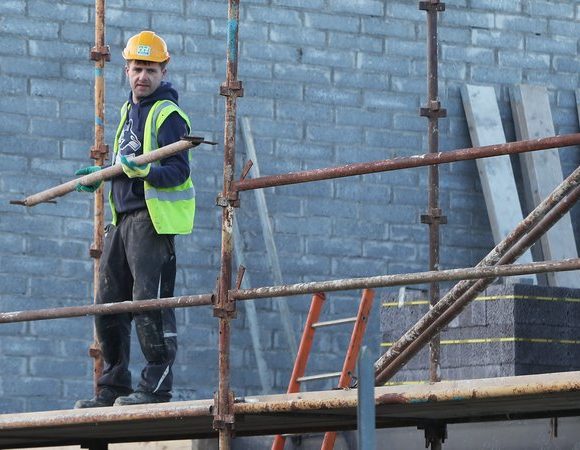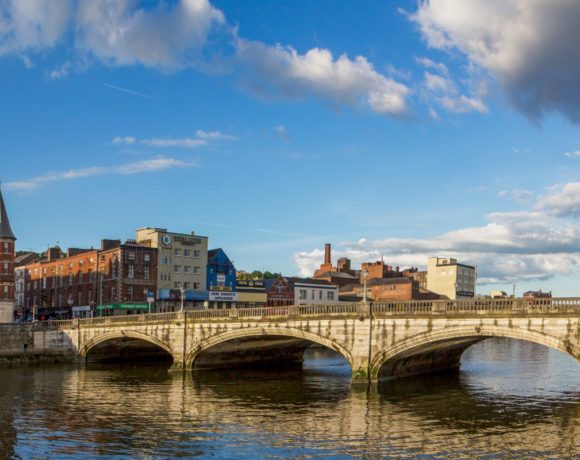Thanks to a combination of our island status and prevailing south-westerly winds, Ireland can boast of having some of the healthiest forests in Europe. However the total area covered by Ireland’s forests currently ranks among the lowest percentages in Europe, and over recent years we have experienced losses to our forestry sector at a rate never before seen in the EU. While trees are rightly considered an essential component of our ecosystem and landscape, forest rates have dropped to less than 10% of the country’s total area. While there isn’t one particular reason for this, one of the biggest factors involved in this destruction of our wooded areas has been the damage caused by a combination of dramatic climate change and human interference.
The demise of the Irish forest over the decades forced the government to step in to alter our approach to forestry. Their first step was to attempt to reverse deforestation rates with large-scale planting of trees in mountainous areas, while also introducing changes designed to reduce our dependency on timber. This tree-planting initiative has been carried out by private contractors since 1991 with the assistance of EU grants and funding.
In 1988 the Irish Government decided to take a fresh approach to forestry, and the semi-state agency Coillte was created, owned on behalf of the Irish State by the Ministry of Agriculture, Fisheries and Food and the Ministry of Finance. Coillte’s purpose has been to commercially handle the state’s forestry resources, of which they have been given complete ownership. The company has developed and grown since then, branching out into renewable energy, panel production and land-based businesses.
Despite all of these developments, it was recently at risk of being sold off under the privatisation programme New Era, which was expected to include the selling off of the rights to cut down forests. However, an announcement in June by the government confirmed instead a partnership between Coillte and Bord na Móna. Both parties have welcomed the new agreement, although it is estimated that it will take another two years for the process to be finalised.
Tom Hayes, TD, and Minister of State at the Department of Agriculture, Food and the Marine, remains committed to the development of forestry in Ireland. Last January the minister got behind a free forestry advice clinic for people working in the industry as well as those who may not come from a forestry background. July saw the results of a critical and eagerly-awaited report – “Forests, Products and People” – finally come in. The report, which had been established back in 2010, covered a two year period of forestry review. It’s aim was “to take account of its critical role in relation to climate change and its importance to construction, bio-energy, bio-diversity and its potential to deliver long-term employment in other downstream industries such as eco-tourism, furniture, crafts etc.”, the results of which will have long term effects on forestry policy.
Minister Tom Hayes sees huge untapped potential in the industry in relation to economic, environmental and social development, and the report also evaluates how we keep in line with EU regulations. He sees it as a structure “to develop an internationally competitive and sustainable forest sector that provides a full range of economic, environmental and social benefits to society and which accords with the Forest Europe definition of sustainable forest management.”
Coillte also remains dedicated to managing its forests in “a responsible and sustainable way delivering social, economic and environmental benefits”, as well as being responsible for supporting jobs and communities in Ireland through their sustainable timber and timber products. This was made official when they under went the Forest Stewardship Council (FSC) which is in line with European and UK regulations.
In keeping with it’s commitment to renewable practices Coillte manages a portion of it’s estate. with biodiversity as it’s chief function. As well as providing 150 recreation sites, 10 company maintained forest parks and over 2,000 km of trails designated for hiking and cycling.
While trees are one of our very few renewable resources, it is a product that requires long periods of growth before return on revenue can be seen. Those trees that do grow quickly in our moderate climate are generally weak and are only suitable for paper production and board. Minister Hayes thinks the the future of forestry lies in the growth and expansion of forestry regions.
A document by the Forest service “Growing for the Future – A Strategic Plan for the Development of the Forestry Sector in Ireland” predicts timber output increasing at a rate four times the current figure. This expansion needs to be treated with responsible management of resources and environmental considerations.
As our forests are a positive contributing factor to wildlife habitats, community focused recreational facilities and our eco-system, we must respect them in order to continue their expansion in our country. The forestry industry makes a significant contribution to this country, and it’s growth and development could have substantial influence on the health of the future economy of Ireland.













